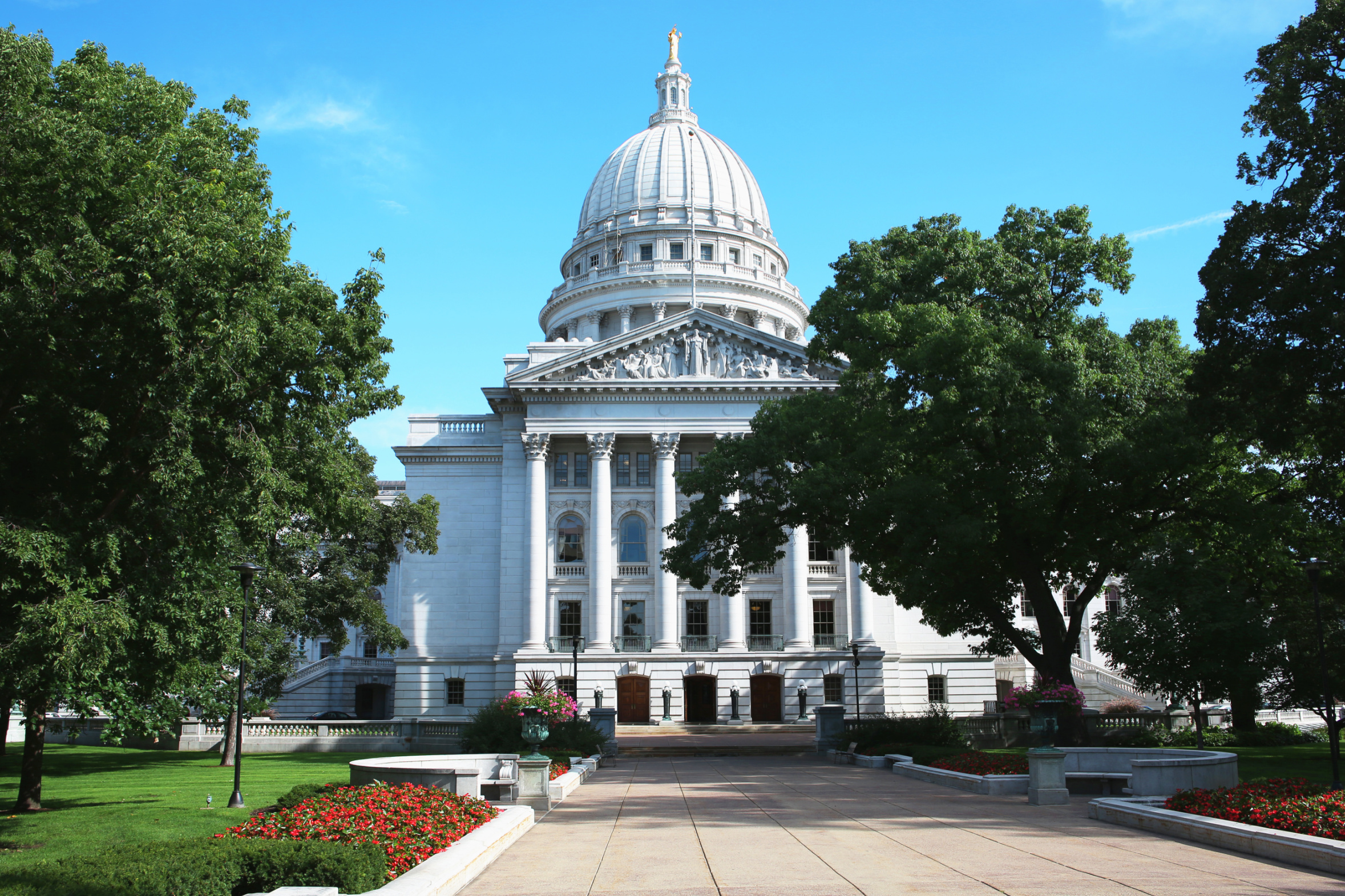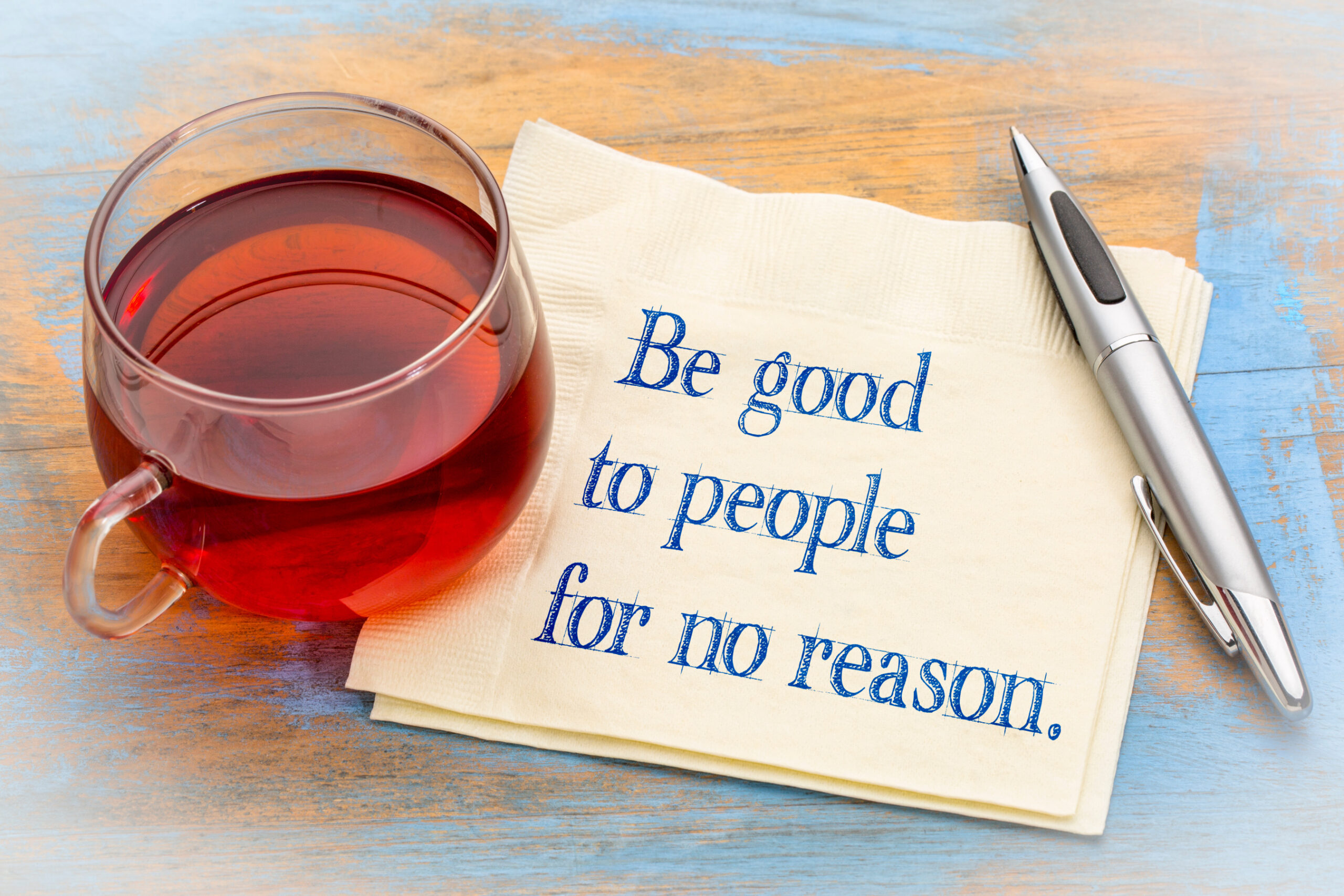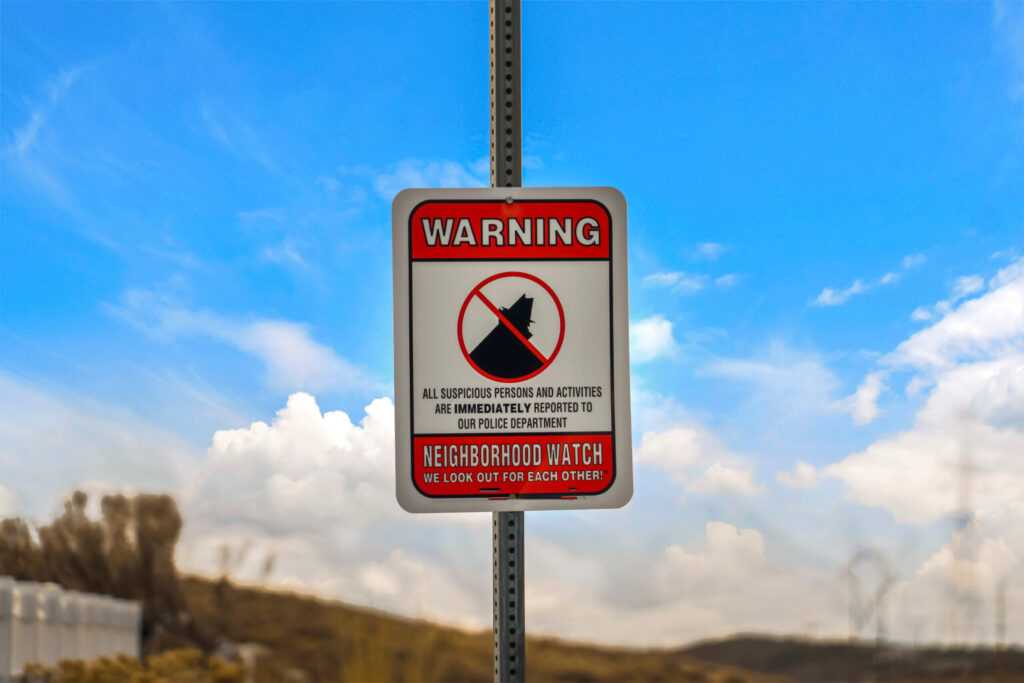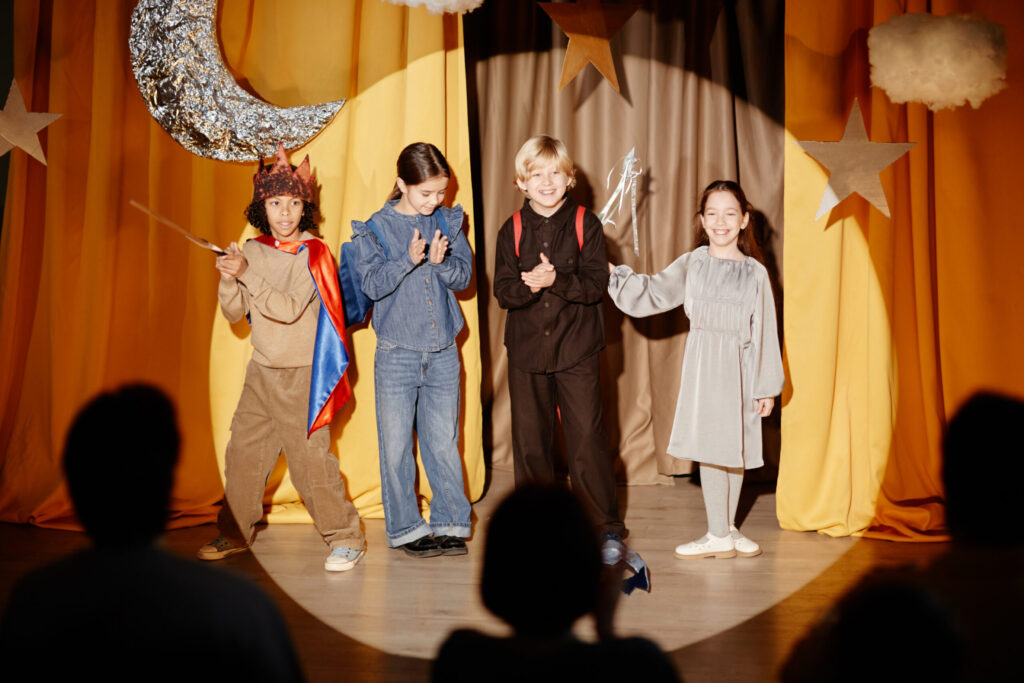“Save Our Names”: New York Communities Push Back Against Team Name Changes

Earlier this year, we reported on the mounting tension surrounding New York State’s mandate to ban Indigenous-themed school mascots, a policy set to take full effect by June 2025. What began as a regulatory directive has since ignited a cultural flashpoint, with communities across the state now locked in a battle between preserving their traditions and complying with new rules intended to address longstanding concerns about racial sensitivity.
The Port Jervis Raiders, Minisink Valley Warriors, and Highland Falls’ O’Neill High School Raiders are among some of the schools at the center of this fight. For generations, these team names have carried deep significance for their towns, representing pride, resilience, and unity—not simply as sports mascots, but as emblems of shared history. That connection is what Assemblyman Karl Brabenec is seeking to defend with the launch of the “Save Our Names” campaign, which urges residents to sign a petition and contact Governor Kathy Hochul, legislative leaders, and Education Commissioner Betty Rosa. The goal: reverse the state’s policy or support legislation that would allow schools to retain names that have evolved beyond their original associations.
Brabenec calls the mandate “unnecessary and ridiculous,” pointing out that schools like Port Jervis haven’t used Native American imagery in decades. The name “Raiders,” he says, no longer has any Indigenous connection, and to force a change now—especially under threat of losing millions in state aid—amounts to cultural erasure. Port Jervis alone could stand to lose over $60 million in funding if it fails to comply, a scenario that has alarmed school officials and taxpayers alike.
In a recent post on Facebook, Brabenec sounded the alarm:
🚨 Save Our Names – Protect Our Tradition! 🚨
“The Port Jervis Raiders, Minisink Valley Warriors, and Highland Falls Raiders are more than just team names—they represent our history, pride, and unity. Now, these beloved names are under threat of being changed. This is unnecessary and ridiculous.”
The mandate stems from a 2023 decision by the Board of Regents to enforce a regulation prohibiting Indigenous-themed names, logos, and mascots in public schools unless the school obtains express consent from a recognized tribal nation. The policy is grounded in years of research and advocacy from groups like the National Congress of American Indians and the American Psychological Association, which argue that such names—regardless of the intent behind them—reinforce harmful stereotypes and contribute to a hostile learning environment for Native students. The APA has cited evidence that these symbols can damage the self-esteem of Indigenous youth, normalize cultural appropriation, and diminish the public’s understanding of Native cultures.
Supporters of the ban maintain that even seemingly neutral or “honorific” names can be problematic, especially when they are tied to outdated or romanticized representations. For the state, this isn’t just about logos and mascots—it’s about fostering educational spaces that reflect respect, equity, and inclusion. In their view, keeping these names, even without offensive imagery, sustains a culture that too often marginalizes Native voices.
But that reasoning has not swayed many local leaders. Earlier this year, Brabenec and Senator James Skoufis sent a bipartisan letter to state officials urging them to reconsider the policy, especially in cases where Indigenous imagery has already been removed. They argue that the mandate is a one-size-fits-all solution that disregards local history and community sentiment, while imposing a financial and emotional cost on districts already under pressure.
In an effort to offer a compromise, Brabenec and Senator Bill Weber have introduced matching legislation—Assembly Bill A7407 and Senate Bill S6974—that would amend state education law to permit the continued use of Indigenous names in public schools, while still allowing the Education Commissioner to regulate mascots and logos. The bills are written to distinguish between cultural appreciation and cultural appropriation, giving communities a chance to retain their team names so long as they are used respectfully.
The Save Our Names campaign is the latest attempt to turn the tide, amplifying voices from across the state who feel caught in an impossible choice between state compliance and local pride. In Port Jervis, school officials remain in what they’ve described as a holding pattern, unwilling to let go of a name that has become so deeply woven into their town’s fabric—yet unable to ignore the financial consequences of defying the mandate.
As the June deadline draws closer, the issue is not fading quietly into the background. If anything, it’s become a defining cultural debate—one that asks just how much power the state should have over the stories communities tell about themselves. Whether the legislature will act in time to alter the course remains to be seen. But in the meantime, residents across Port Jervis and beyond are standing their ground, holding fast to names they say reflect not division, but the very values that have bound them together for generations.
For more information or to get involved, visit SaveOurNames.com.
RECENT










BE THE FIRST TO KNOW

More Content By
Jessica Curtis











